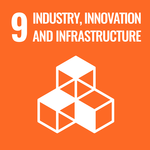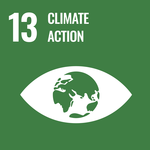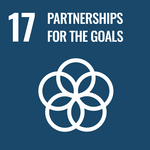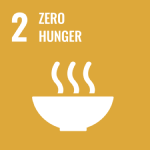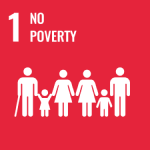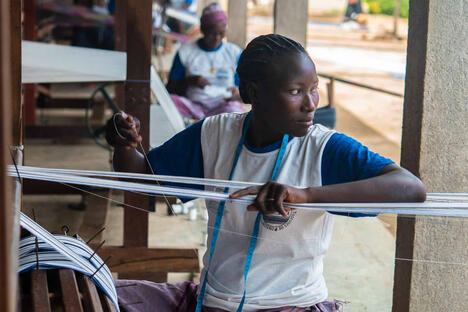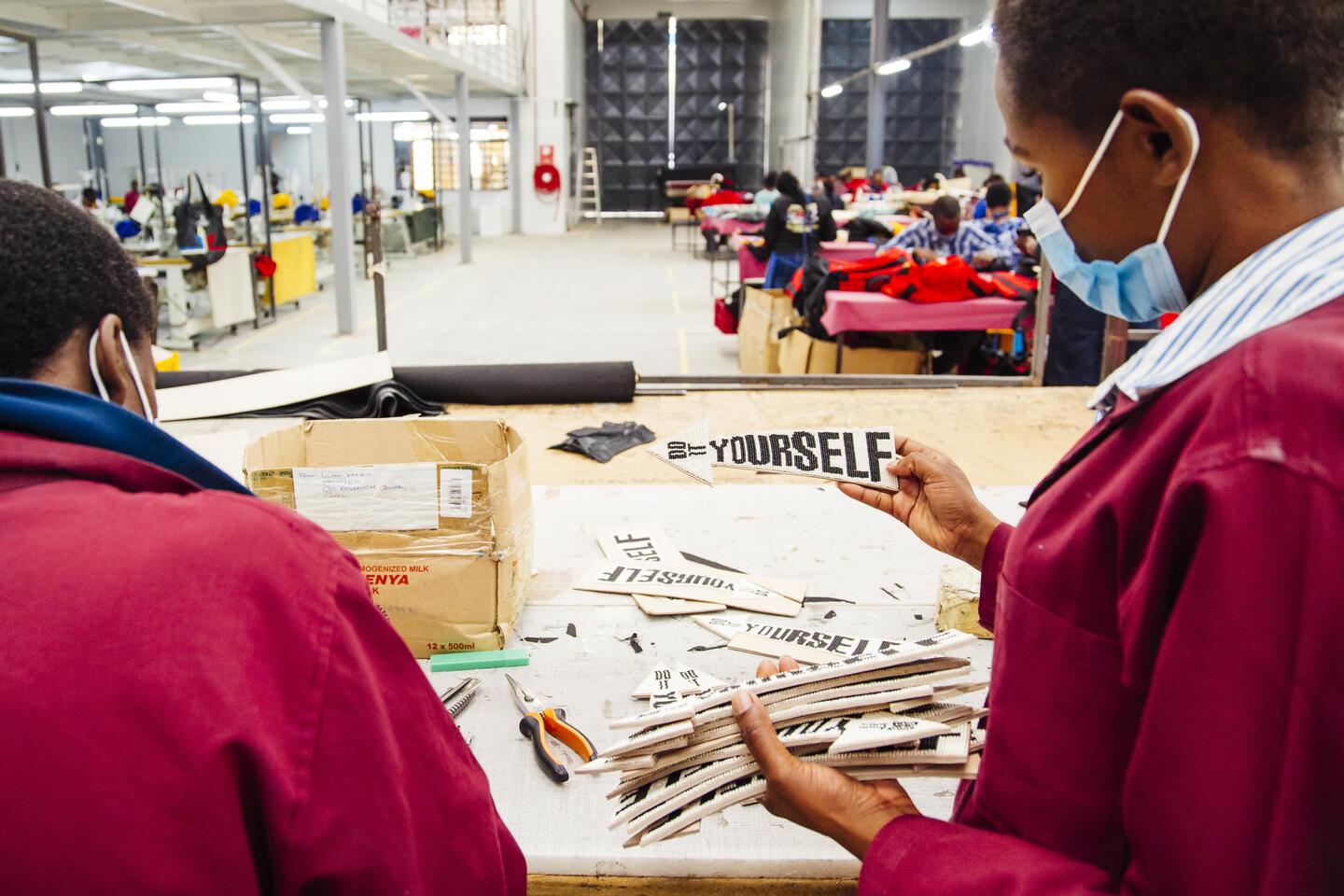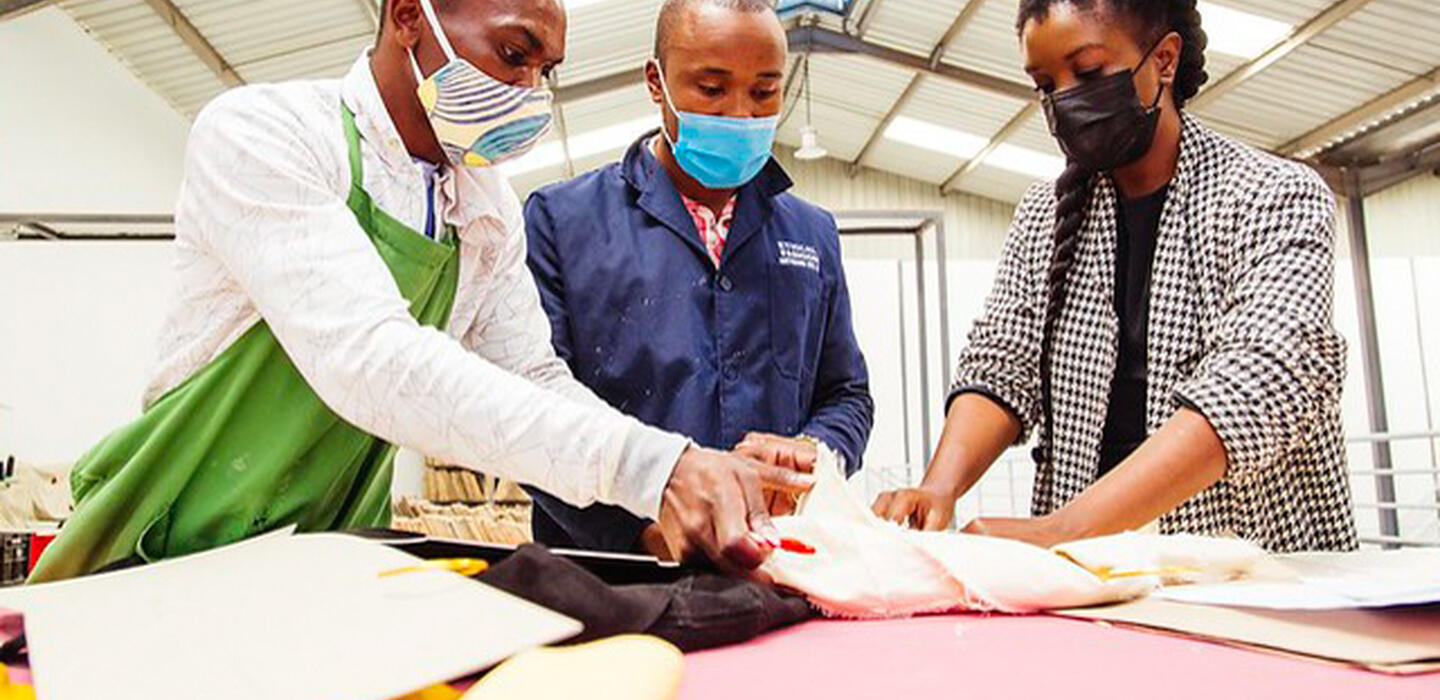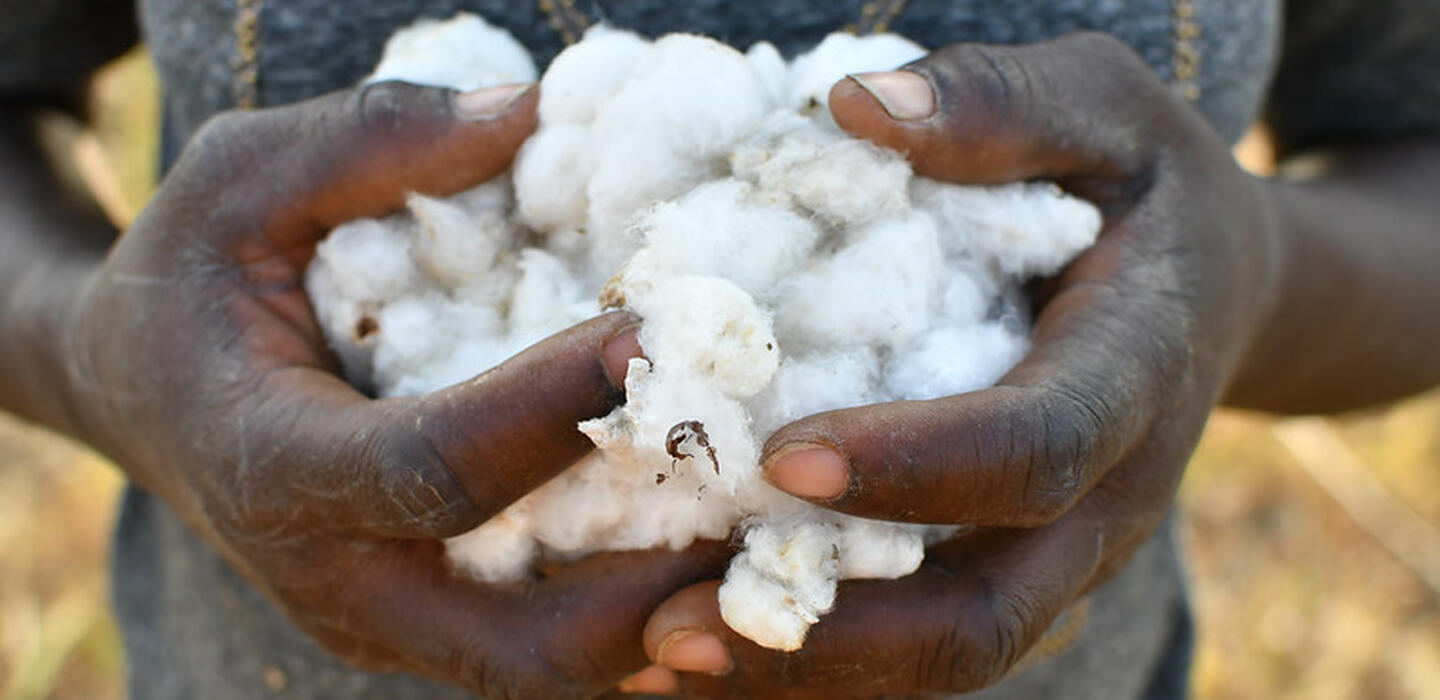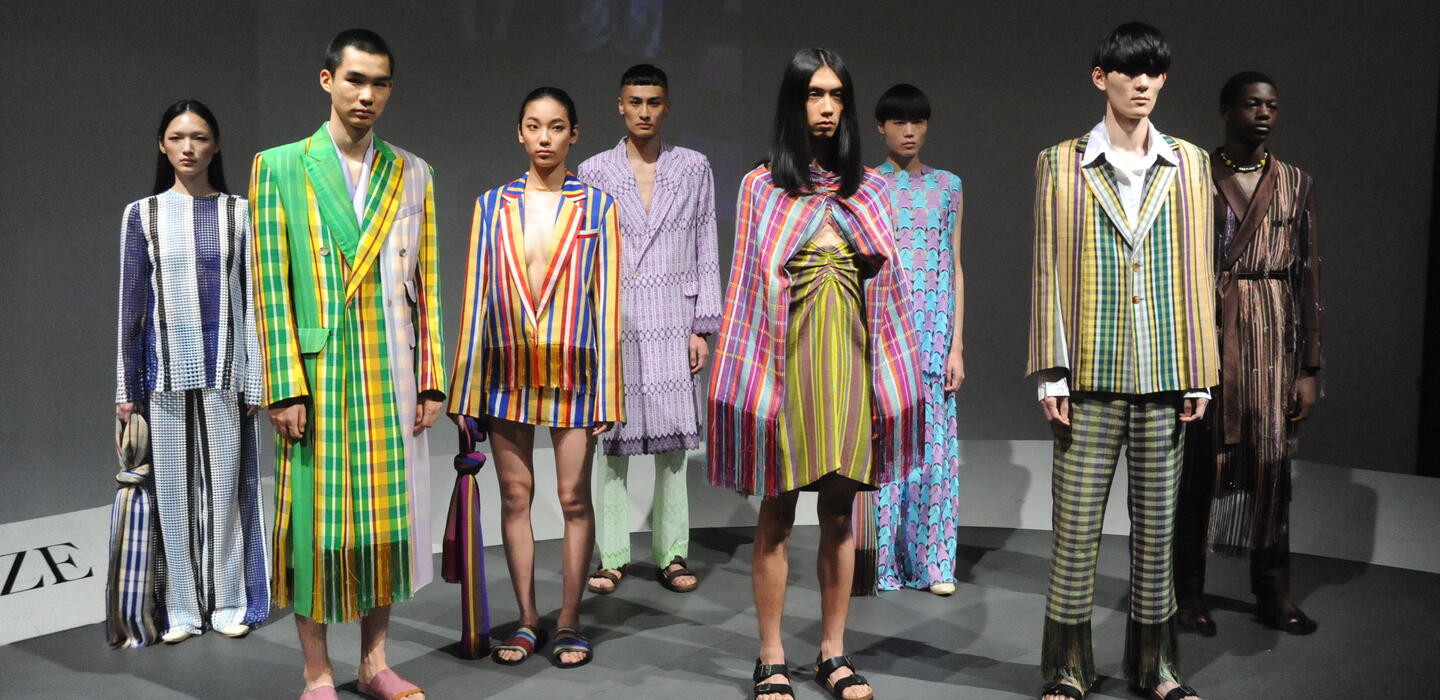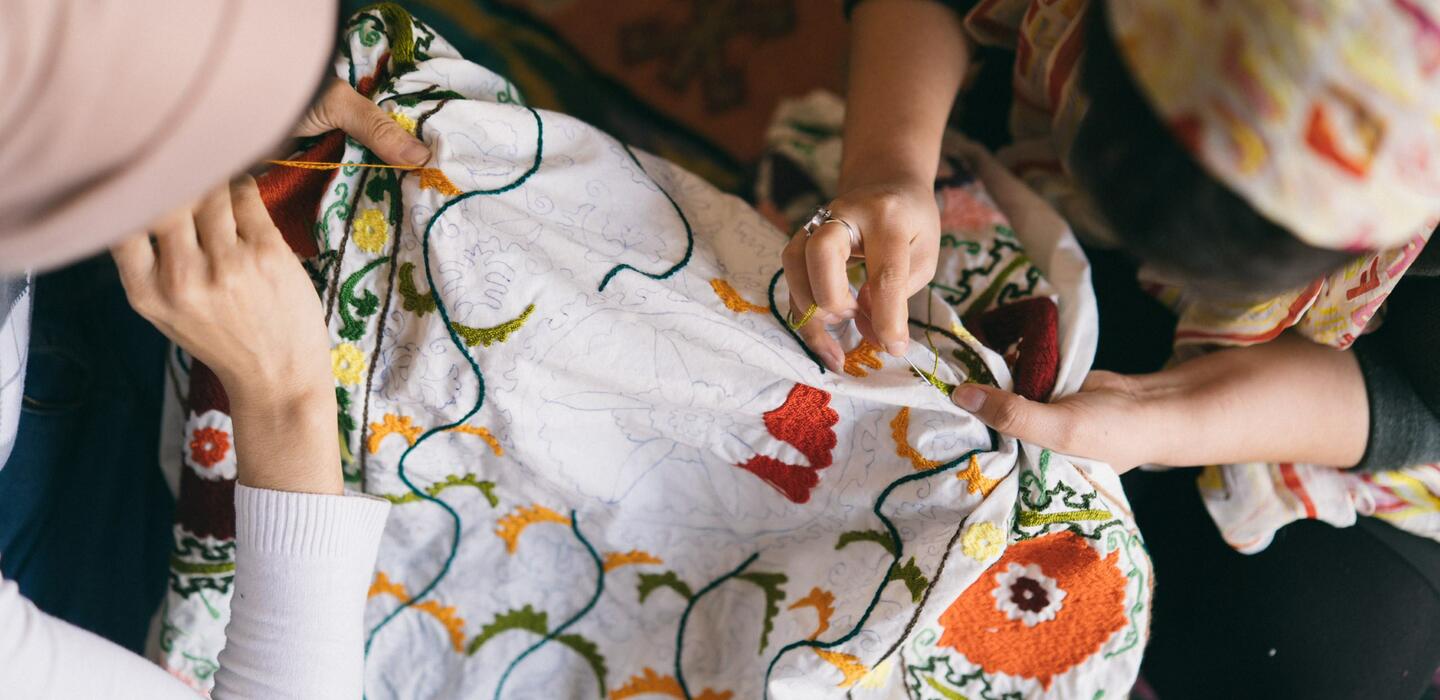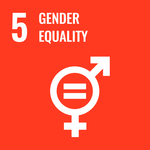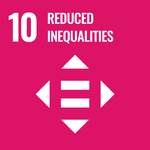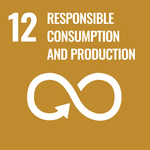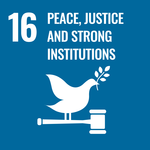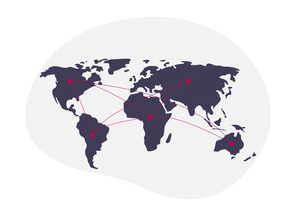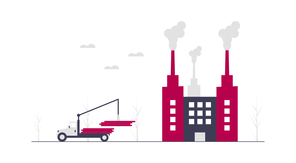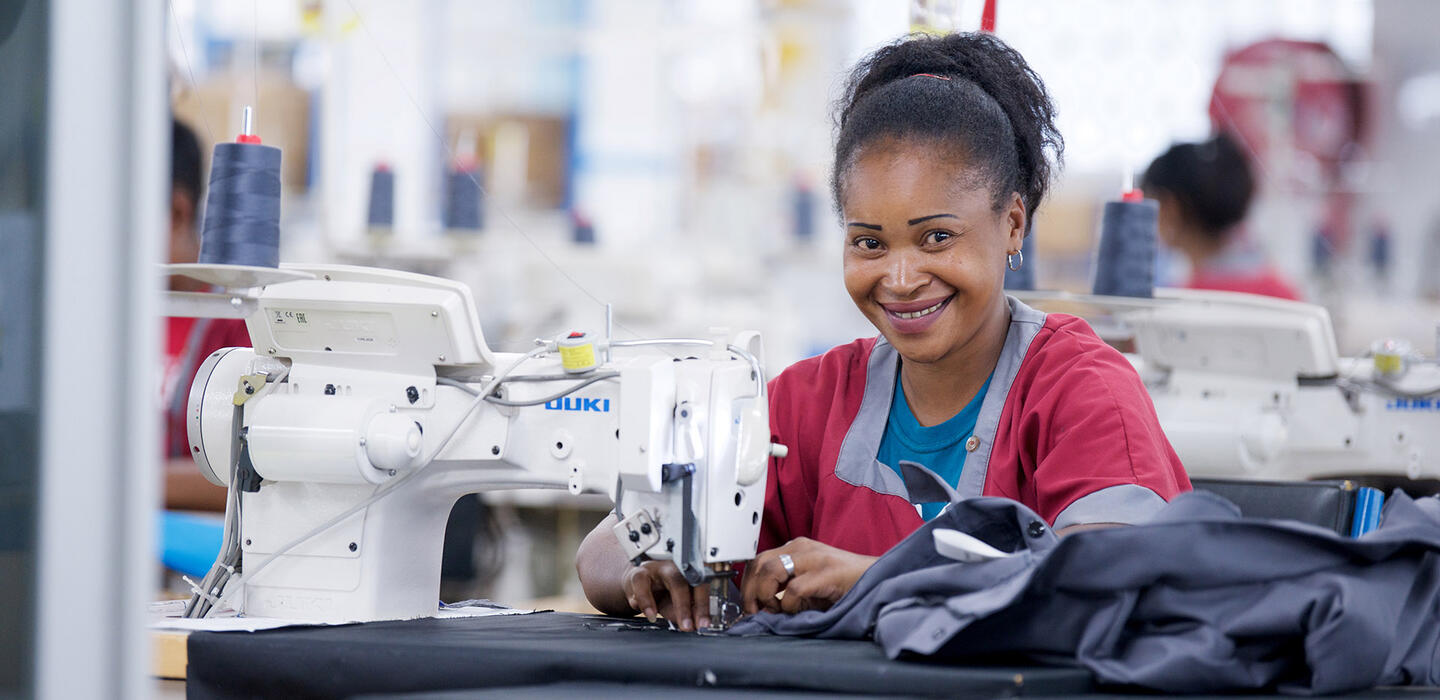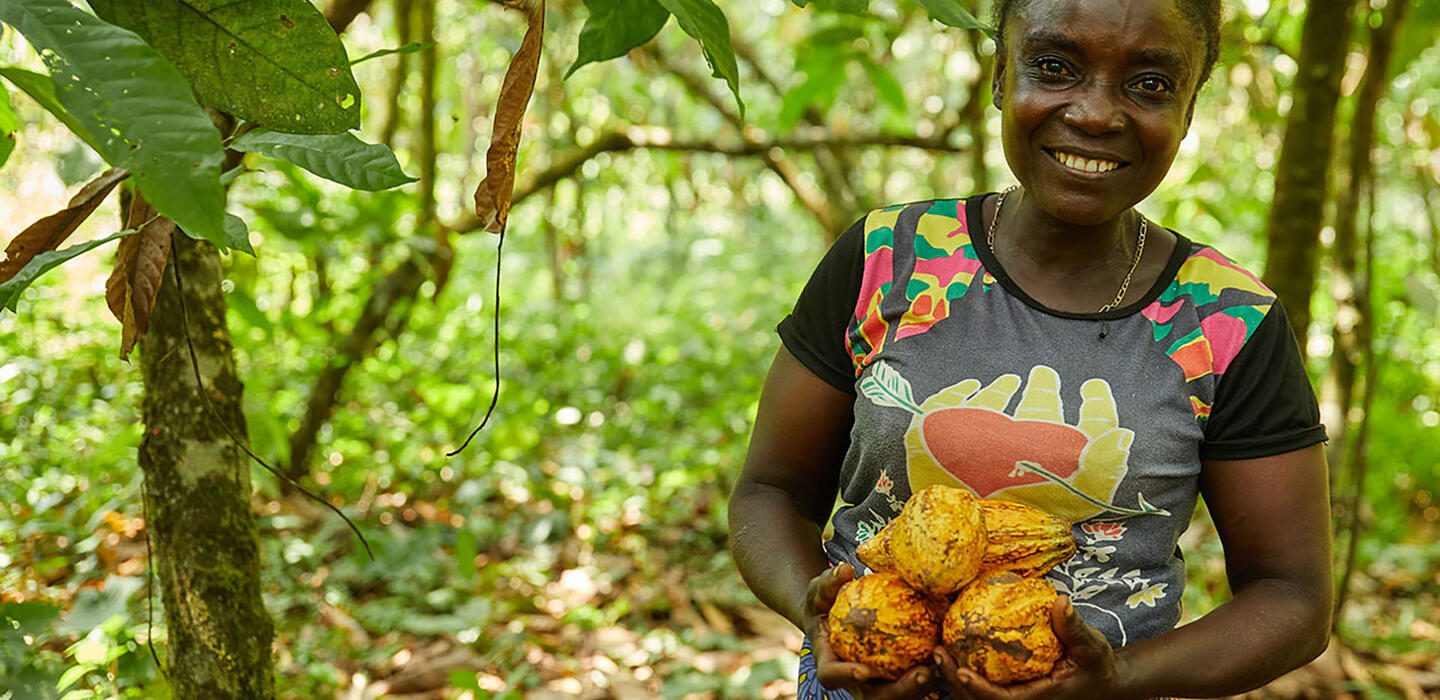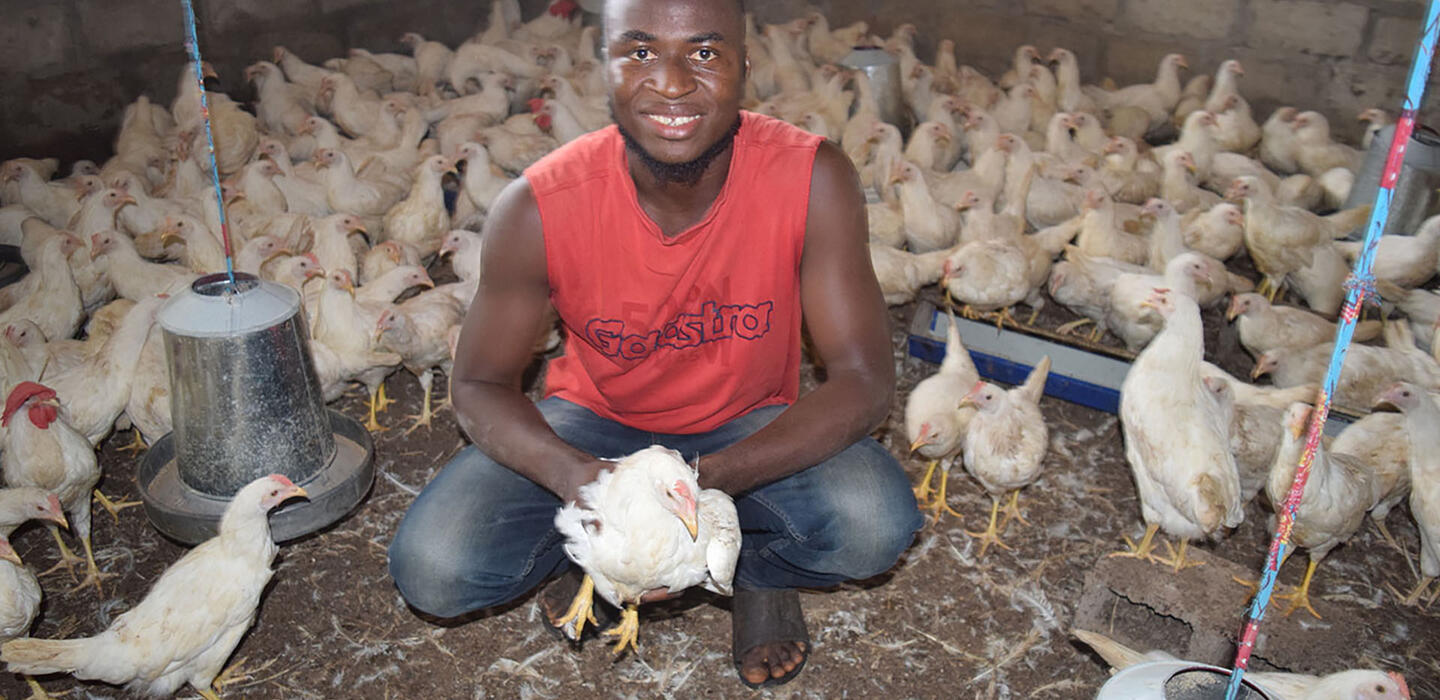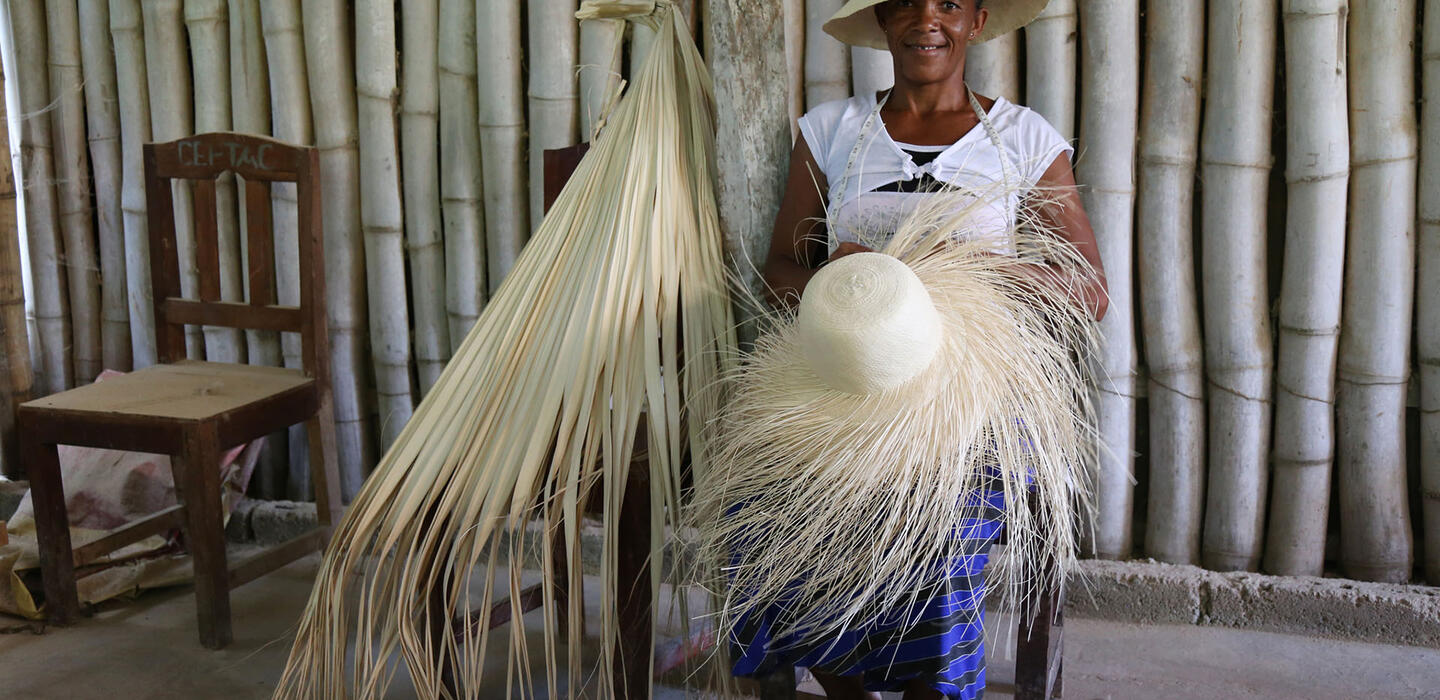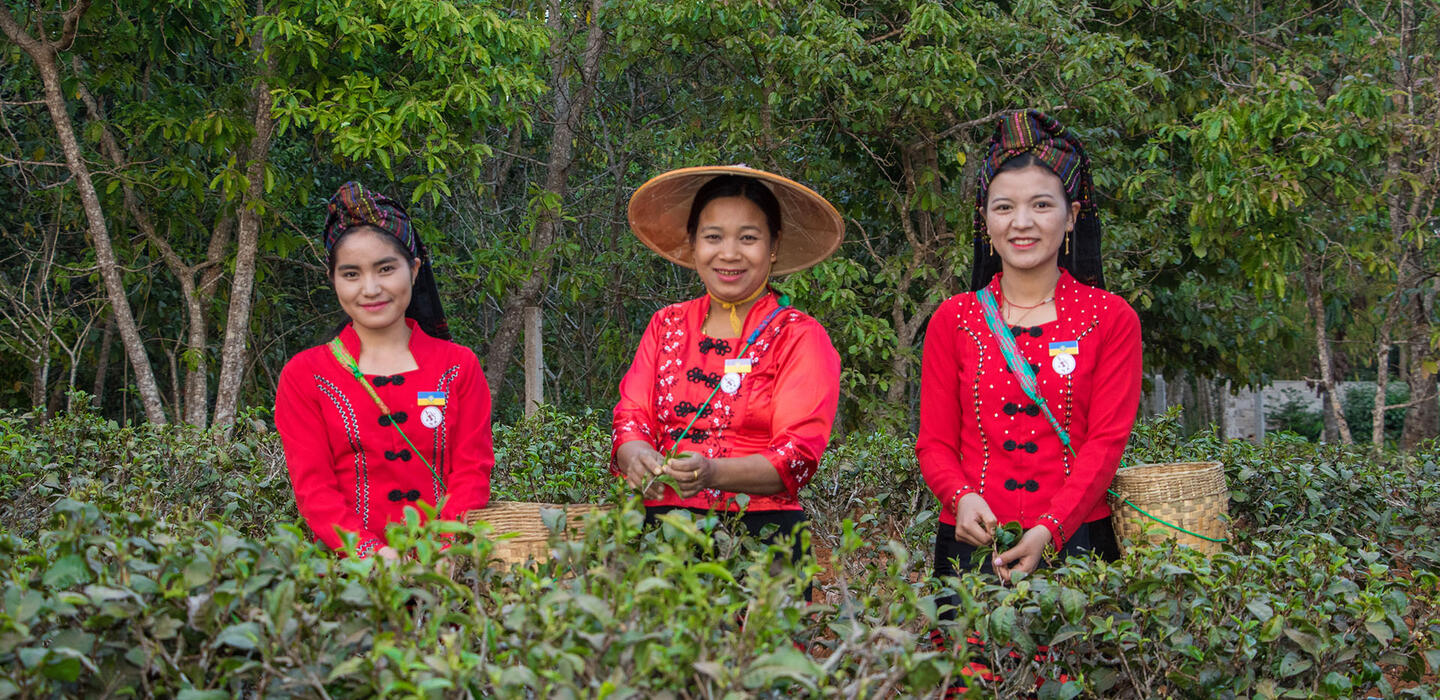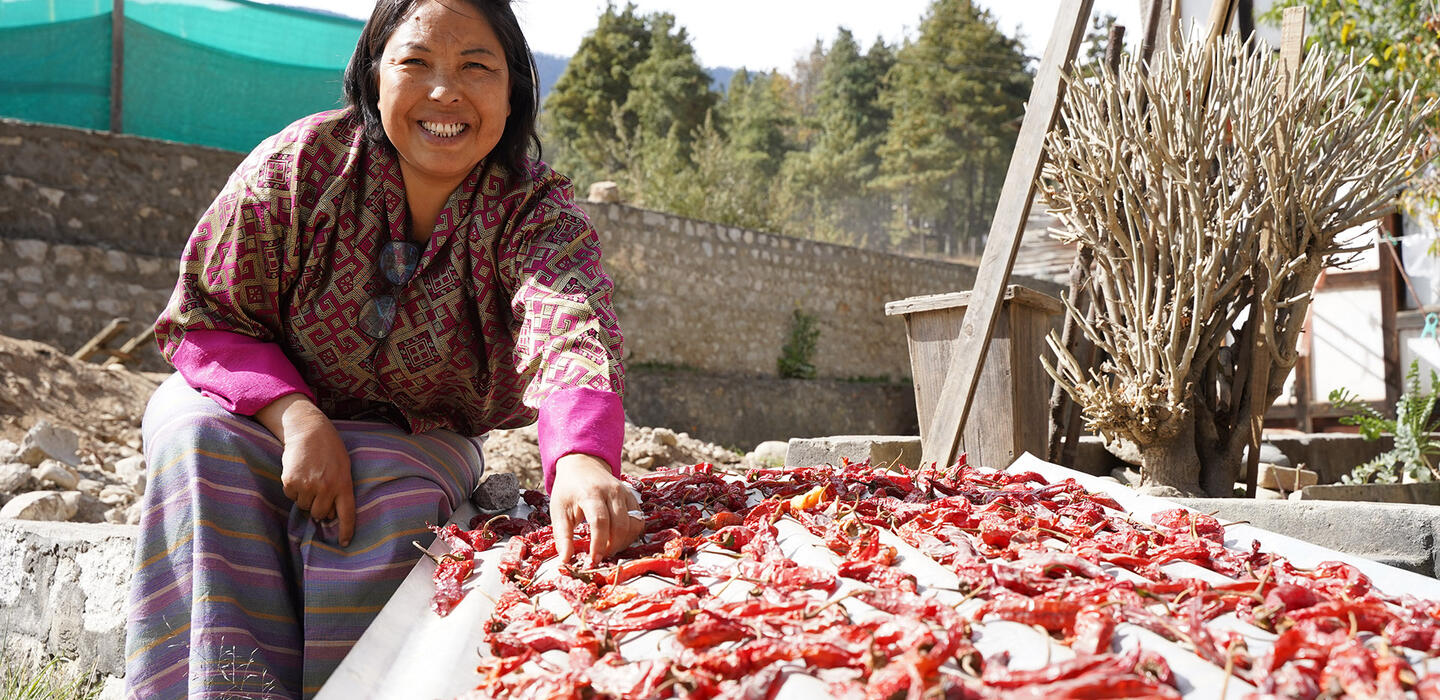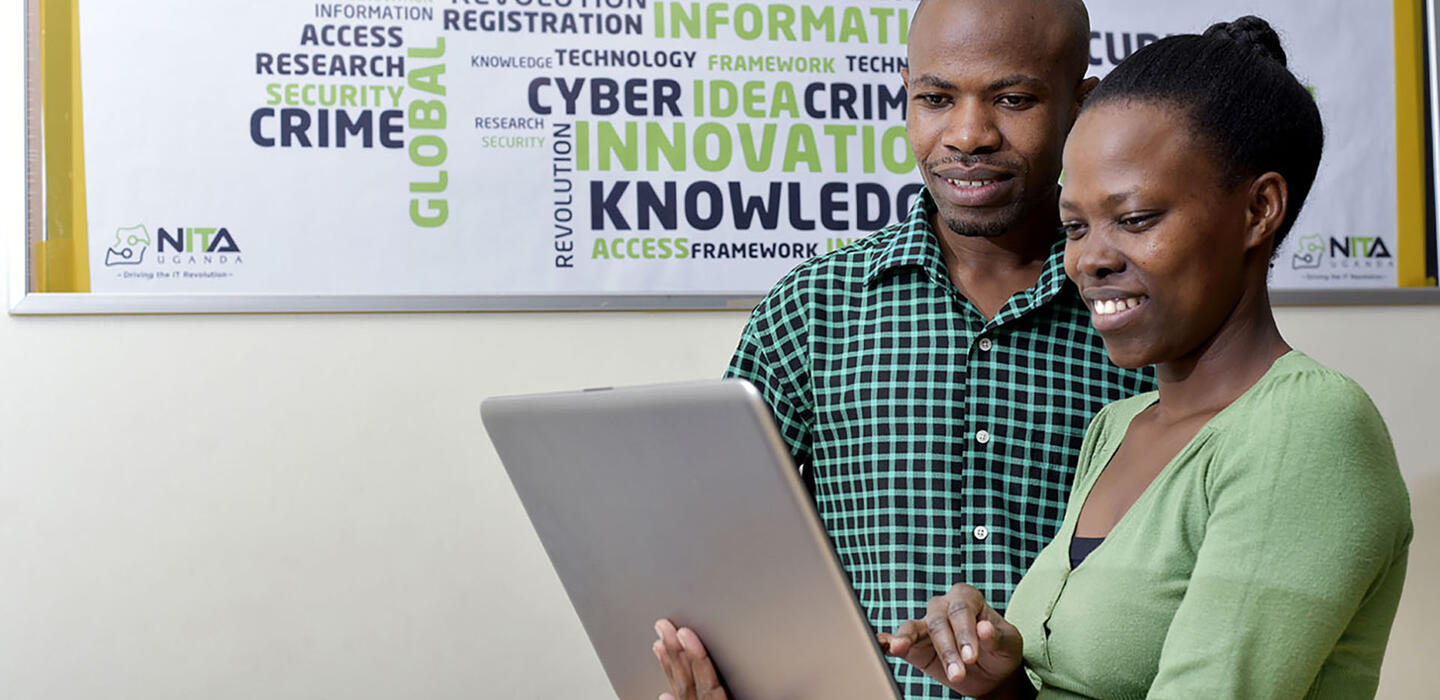Sustainable Development Goals
<p>The ITC’s Supporting Trade Negotiations and Policy Reform Programme seeks to strengthen the capacity of public and private sector stakeholders to contribute to trade negotiations and policy/regulatory formulation on emerging matters relating to facilitating investment, green trade, e-commerce/digitalization, inclusive trade, sustainable and resilient value chains, industrialization plans, strengthened multilateral and regional integration, and other trade and investment policy issues identified as relevant for a conducive business environment.</p><p>Through this project, ITC will, in relation to the topics mentioned above, seek to (a) generate awareness/understanding of stakeholders through information-sharing/awareness-raising engagements; (b) capacitate stakeholders to engage in informed and inclusive trade and investment policy and regulatory reforms; and (c) support domestic trade and investment policy reforms through technical studies/analyses and related advisory support to facilitate implementation of reforms, including undertaking legislative/regulatory reforms.</p><p>In designing and implementing such support, ITC builds upon the multilateral and regional/bilateral trading frameworks in place to ensure there is a coherent and coordinated approach to domestic trade and investment policy reforms and that measures implemented are aligned with trade commitments undertaken and/or international best practices in this regard.</p><p>The activities implemented under this project will be based on requests received from countries/institutions.<!--[if !supportAnnotations]--><a href="#_msocom_1" language="JavaScript" name="_msoanchor_1"></a><a href="#_msocom_2" language="JavaScript" name="_msoanchor_2"></a><!--[endif]--></p><!--[if !supportAnnotations]--><!--[endif]--><!--[if !supportAnnotations]--><!--[endif]--><!--[if !supportAnnotations]--><!--[endif]--><a href="#_msoanchor_1"></a>




